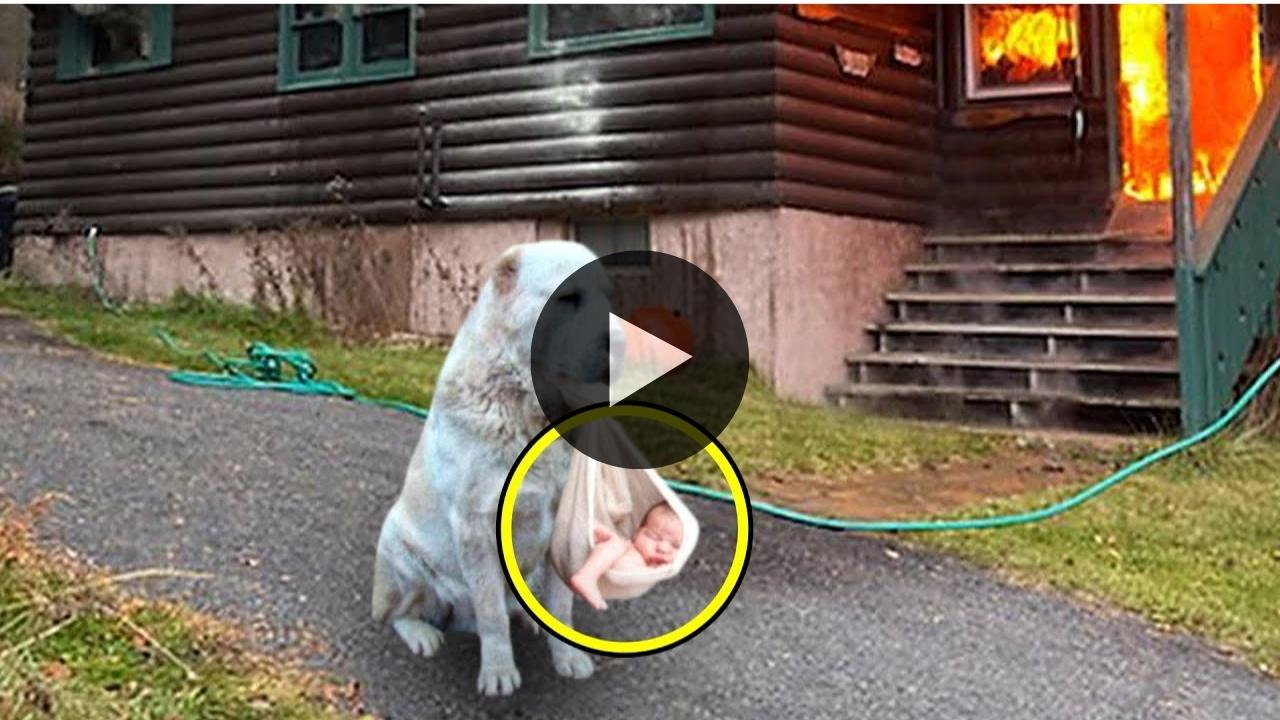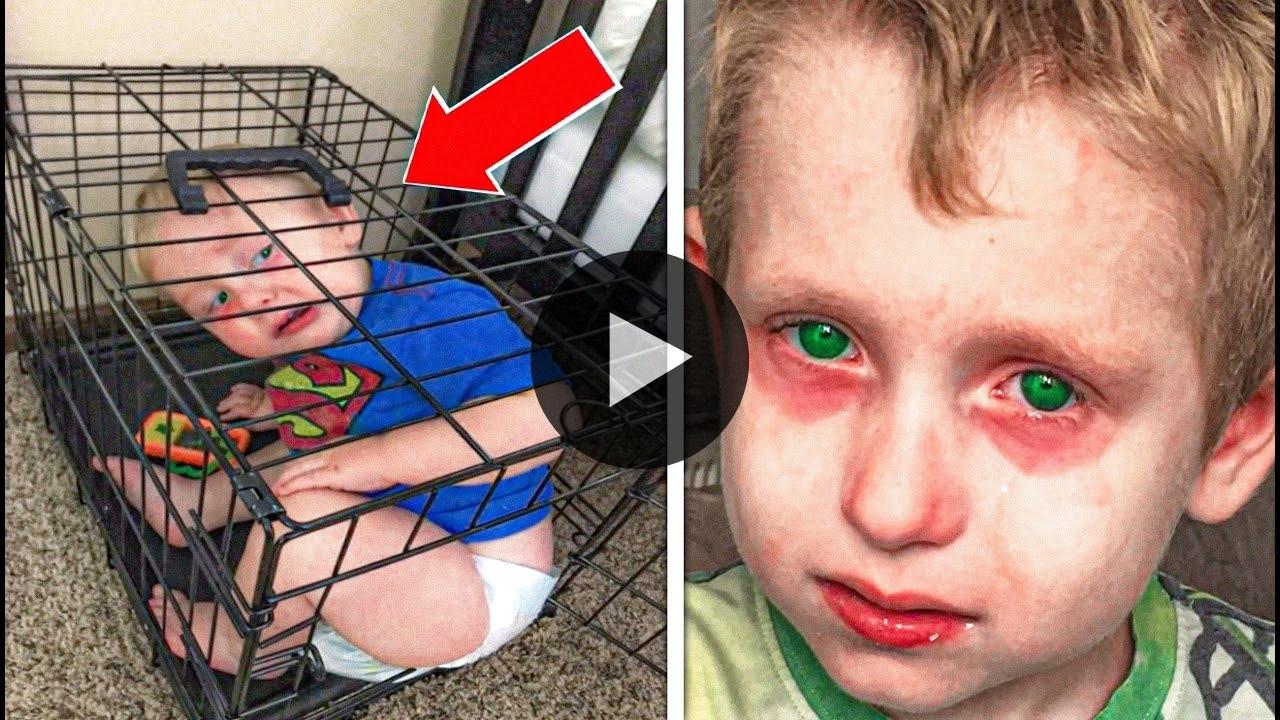The power of touch is undeniable. Throughout our lives, we use touch to display affection, seek support in life, interact with others, and develop relationships.
Babies know the power of touch long before they are born. Through this contact, newborn babies learn about the world, show their needs, and bond with their caregivers.
Touch is vital for the development of the physical abilities, cognitive skills, language, and social-emotional competence of a child.
The use of incubators in premature babies is a priority in mainstream medicine, but in the Scandinavian region of Europe, skin-to-skin contact is commonly recommended as an alternative for exclusive incubation of premature babies. Human contact is believed to help these babies to recover more quickly than when left in complete isolation in incubators.
A photo of a small boy helping his father to give skin-to-skin to his premature twin siblings has melted numerous hearts. It shows the formation of a bond that will surely last forever.
It was taken in 2016 at the Hvidovre Hospital in Copenhagen, Denmark, and was originally posted by a Danish family advocacy organization Forældre og Fødsel on Facebook.
Yet, after the caption was translated to English and uploaded by the South Africa-based NINO Birth Organization, it resurfaced again and gained popularity.
Its caption read:
“Skin-to-skin contact is not ‘new’, but Sweden certainly leads the way in making this care family-friendly, even for very tiny babies. I love this picture of big brother helping his dad care for the twins!”
According to their page, NINO stands for Neuroscience for Improved Neonatal Outcomes. The page explains:
“How your baby is born matters!!
Putting your newborn baby skin-to-skin on your chest-at birth makes all the difference between feeling safe or unsafe. Mother’s chest is the SAFE place. Here baby is warmed, and heart and lungs work best. The baby can find the breast and latch on. From the breast, the baby will make eye contact with mum.
This starts bonding, even in the first hour of life. From here parenting comes naturally and is fun. This is important for caesareans also, and even more for fragile premature babies. This is so different to what often happens.
Without you, your baby is stressed and anxious. The stress will make baby’s body unstable. The anxiety prevents trust and love from forming. Can a tiny newborn feel anxious and abandoned? Very much so! It is the difference that we focus on.”
Swedish doctors encourage the practice of skin-to-skin contact (SSC), where babies who weigh as much as 700 grams can be nursed by their parents.
According to the post, renowned Swedish Professor Uwe Ewald, who is a known advocate for skin-to-skin contact, was in the Hvidovre hospital during that time. In his revolutionary practice, premature babies, even when extremely small, are regularly taken out of the incubator to receive skin-to-skin contact.
During the procedure, the baby is cleaned, dried, and wrapped in a nappy, and the caregiver is topless. After an hour, the child is fed and incubated again.
Dr. Ewald claims that SSC warms the baby more than an incubator, and it also protects it from serious infections by transmitting protective bacteria into their systems.
According to the Facebook post:
“Uwe Ewald points out that the parent’s chest regulates the temperature better than an incubator. Skin to skin contact helps the baby to breathe better. The child becomes calmer and gains weight faster. Research shows that parent’s bacterial flora — compared with hospital bacteria — reduces the risk of serious infections in these delicate children.”
The post was liked by over 35K people, and hundreds of them commented, the majority of whom agreed that this practice would ensure better development and health of the baby.
Here are some of the comments:
Shelly F.: This is amazing. My baby was prem and born at 4 pounds 7 ounces and I wasn’t allowed to hold him most of the time, I was only ever offered skin to skin twice and he was in care for 26 days. I wasn’t allowed to stay with him. The most stressful time of my life but baby is ok and healthy. It’s a shame Australia isn’t on board with this…
Marie F.: “All of my older kids had to take a turn with the new baby inside their t-shirts as he was so fractious (not a babba anymore)… It settled him. The more ‘new’ trends I see emerging make me proud that I have been doing things right for years… Trust your instincts… Lovely pic.”
Emily Ann: ‘I couldn’t hold my twins until one week after they were born. Our skin to skin contact was so bittersweet and will definitely never be forgotten.’
Stephanie Savole: ‘I love this and wish this could have been happening where I live when my daughter was born. I cried looking at her in that machine.’
Malin N. wrote: “15 years ago in Sweden my very sick, tiny, heartsick baby spent most of her time on my husband’s chest. Not sure if she would make it, we treasured every minute she was brought out of the incubator. Today she is a healthy beautiful young lady. ❤️”
Yet, parents do not insist on this medically approved practice without the consent of a doctor, as some babies might be too fragile to be taken out of the machine.
The practice is sometimes referred to as ‘kangaroo care,’ and was initially developed to care for preterm infants in areas where incubators are unavailable or unreliable.
Otherwise, it is a lovely practice that should be supported in many other parts of the world.
Leave a reply










